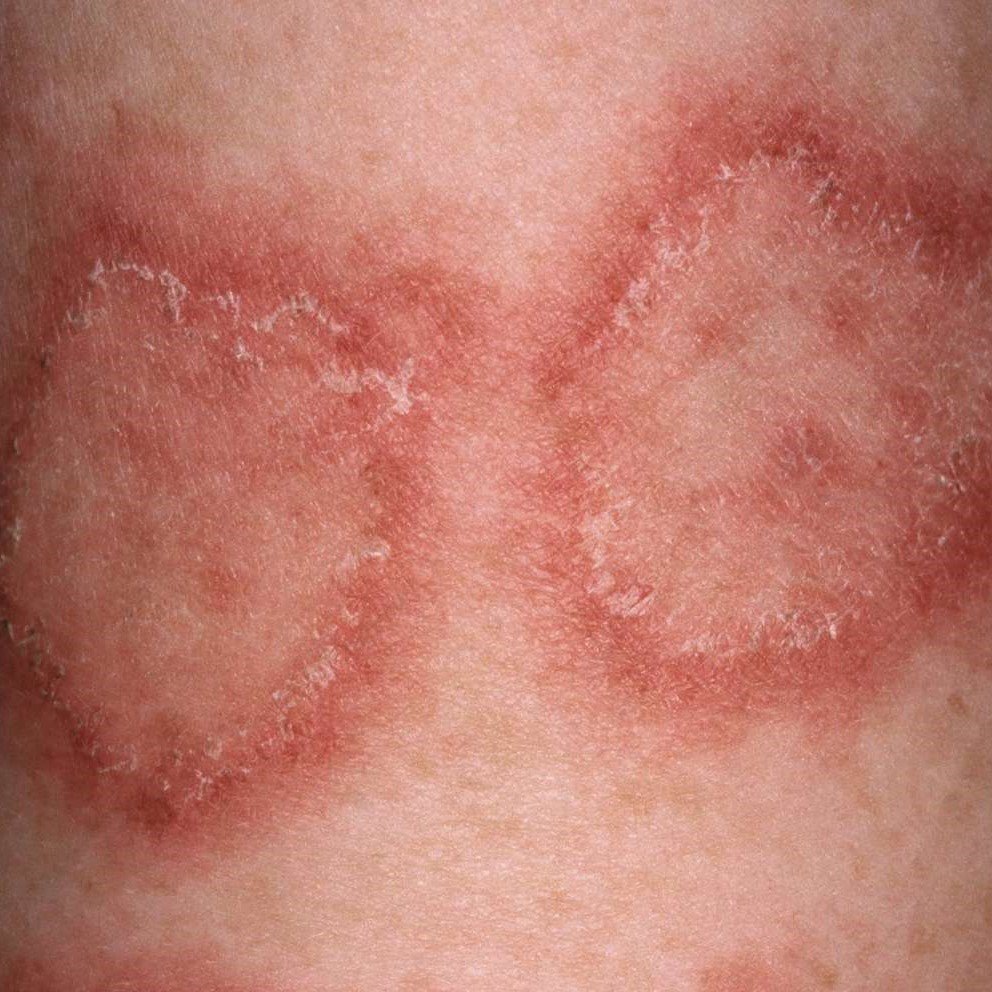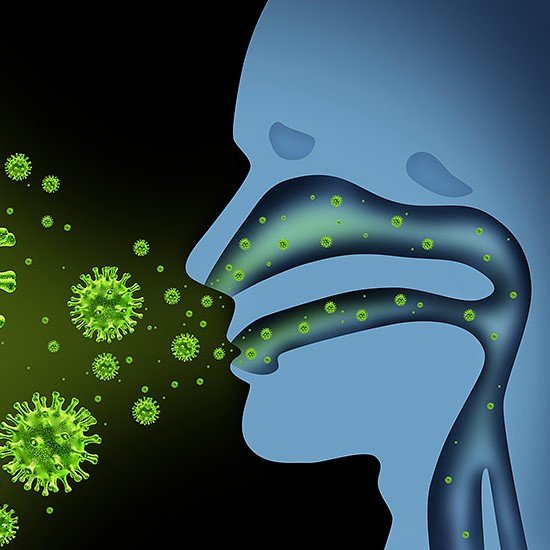Any lung related disorder

Lung-related disorders are conditions that affect the respiratory system, impacting the ability to breathe and overall lung function. Chronic obstructive pulmonary disease (COPD) is a common condition characterized by persistent airflow limitation, usually due to long-term exposure to irritants like tobacco smoke, leading to symptoms such as chronic cough, wheezing, and shortness of breath. Asthma is a condition marked by inflammation and narrowing of the airways, causing episodes of wheezing, breathlessness, and coughing, often triggered by allergens or respiratory infections. Pneumonia is an infection of the lungs that can be caused by bacteria, viruses, or fungi, leading to symptoms such as fever, cough, chest pain, and difficulty breathing. Pulmonary fibrosis involves the formation of scar tissue in the lungs, making it difficult to breathe deeply and leading to progressive lung stiffness. Effective management of lung disorders typically involves medications, lifestyle modifications, and sometimes respiratory therapies to alleviate symptoms and improve quality of life.






